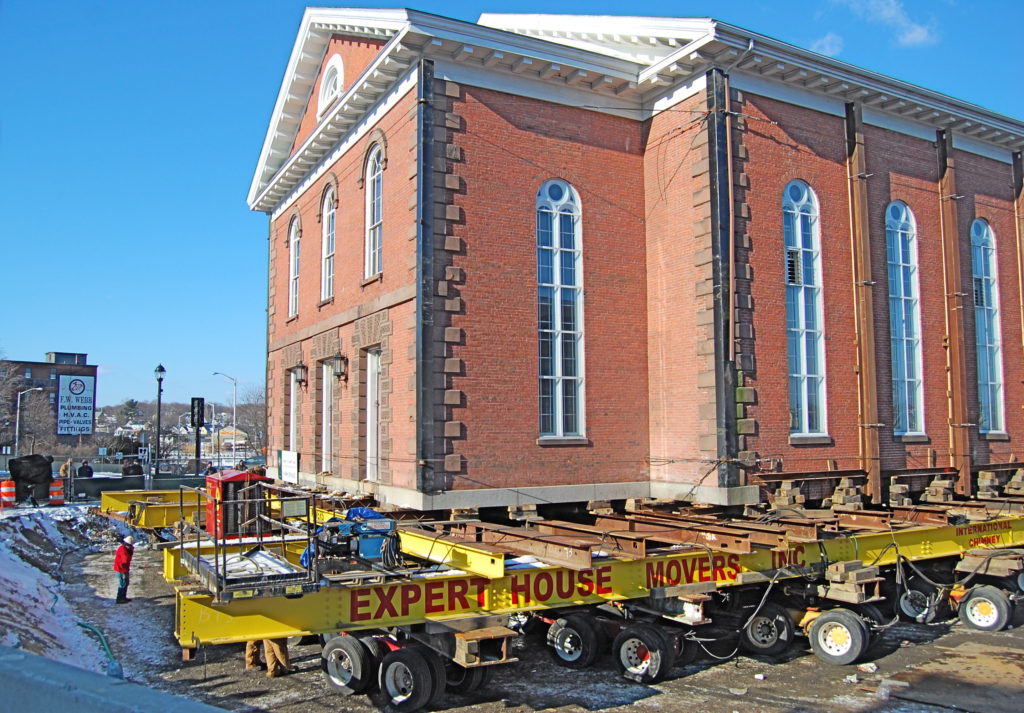
Recently, while doing an interview with Chuck Todd on MSNBC, Mike Rowe (the former host of the Discovery Channel’s show Dirty Jobs) lamented the abandoned tradition of “going where there’s work.” Rowe and Todd talked about growing up with parents and grandparents who had no problems picking up and moving somewhere if they couldn’t find work in their current locale. That practice has largely been abandoned, which is ironic, given our dependency on social media and the Internet to remain connected to our friends and loved ones (both locally and around the world).
Today, deciding whether to move for a job feels a lot more complicated than “where is the job that I know how to do and that I need to support myself?” It has become “can I afford to move? Do I want to move? Is moving better for me than staying put?”
There is no doubt that moving to another city or state is more complicated than simply moving across town. Based on a list published by North American Van Lines, prep for an interstate move can take, at minimum, two months of preparation to arrange and carry out. And that’s just the move itself–the most straightforward part of relocation!
Of course, given the current job market and state of the economy, we might soon be seeing a shift from the “staying put and waiting for good opportunities” back to the “we go where the work is” Grapes of Wrath approach. If you’re thinking of adopting this approach yourself, or if you’ve been offered a great job in a different state, here are a few criteria to consider when you are making your decision.
Climate
Yes, we’re listing climate first, and for good reason! Some people are desert people, some people are snow people, some are beach people, some are prairie people. And even if you’ve come around to the fact that you can’t afford to necessarily let personal preferences dictate your move, it’s still an important factor. Why? Because the climate has a direct impact on our health. People with respiratory issues, for example, tend to do better in drier climates than those that are humid. And, sure, there are plenty of medications you can take to control your allergies, but there is only so much a medication can do.
Support System
As we’ve already mentioned, we live in the era of social media. Thanks to the Internet, staying in touch with people who live far away (and close by!) is easier, cheaper, and more convenient than it has ever been before. There’s no longer a need to worry that you’ll never get to talk to or hear from your loved ones ever again. At the same time, there is something to be said for having a support system already in place in your new state. Moving to a new state where you know literally nobody and trying to make connections, find work, etc. is incredibly difficult. Though if you’ve already been offered a job, you’re well on your way to building a new local support system already!
Affordability
It’s true that there are dozens of ways to reduce the cost of a move. Still, even after those reductions, can you afford the expense of moving? If you’ve been offered a new position it’s worth asking your new employer to help pay for your relocation costs. If you’re taking a chance on a new location, hoping to find work there, you’ll want to make sure you’ve saved enough money to be able to live for at least six months in your new state. Take some time to research what life costs there. Look at grocery ads, rental costs, gas prices, safety costs, etc. Put together a budget based on the numbers you find. If you can afford it, it’s worth paying the new city or state a visit so you can get a feel for what living there might be like.
There are many factors to consider when moving to a new state and deciding whether or not to take a job that has been offered you. Hopefully these tips will help make that decision easier for you!


